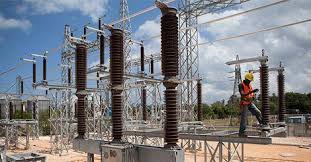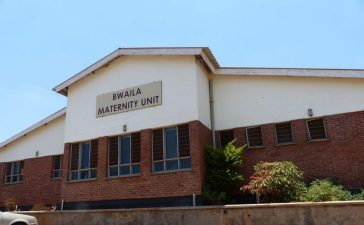The fact that Escom has a K14 billion misprocurement loss speaks volumes about the leadership void we created by installing the Democratic Progressive Party back into office. This would not be referred to as “misprocurement” in a society that places a great value on decorum; rather, it would be referred to as theft, thuggery, and stinking corruption. One would anticipate those in charge of leading the company to be held accountable for their negligence and incompetence.
Now, having accumulated such losses, Escom wants to transfer the burden to innocent consumers. Under the 2022-2026 electricity base tariff application submitted to Malawi Energy Regulatory Authority (Mera), Escom and PML want electricity tariffs hiked by 80.75 percent from the current K104 per kilowatt hour ( kwh) this year.
If Mera approves the hike, the price of electricity could go up by K83.98 from the current price of K104 per kwh to K187.98 in the 2022-2023 year.
In the 2023-2024 year, the price could be adjusted to K184.18 per kwh while in the 2024 -20225 and 2025-2026 the price might go up to K210.59 per kwh and K249.15 per kwh, respectively.
Addressing the media in Blantyre, Escom Chief Executive Officer (CEO), Kamkwamba Kumwenda, disclosed that the company has made a cumulative loss of revenue of over K112 billion when it buys power from Energy Generation Company (EGENCO) and recent independent power producers (IPPs). The CEO indicated that EGENCO and IPPs charged K140 per kilowatt/hr, yet Escom charge the same kilowatt/hr at K104 from the consumer. Very interesting!
In view of the foregoing, it’s very difficult for ESCOM not to adjust while they are being bled to death by EGENCO and PML. This is a reflection of energy policy incoherence by the Government, where we now have three entities all belonging to Government shooting each other in the streets, and MERA failing to control the situation. Lack of policy direction is a problem in most MDAs. It appears most Ministers do not understand the role they need to play in their portfolios.
In this case, one would expect the Energy Minister to bring these three quarrelling entities to a round table in order to resolve the issues. We see the same chaos in the justice sector where Anti-Corruption Bureau (ACB), Director of Public Prosecution (DPP) and Attorney General (AG) are pulling in unsynchronized vectors. The same can be observed in the agriculture sector. But for now, the matter is about the power supply sector.
EGENCO entered an agreement with a private company to sell power from the Mpatamanja power plant at an unsustainable tarrif, yet ESCOM, the buyer, was not given any opportunity to negotiate the tariff. Something fundamentally rotten at EGENCO is smelling extremely bad. Similarly, PML has oversaturated the market with licenses for solar power plants to feed power into the grid at percentages that the grid cannot absorb without collapsing, yet the technical advice of ESCOM, which owns and runs the grid, was not sought before issuing such licenses.
But Malawi Confederation of Chambers of Commerce and Industry (MCCCI) is of the view that it is very unfair for Escom to pass on any inefficiencies to consumers.
MCCCI president Lekani Katandula said while Escom wants to be a viable entity, the tariffs, if not well reviewed, could have consequences on production.
He said: “We want Escom to be sustainable and it is never going to be sustainable if it is buying electricity at a higher price than it is selling at, but at the same time, high tariffs make it tough for businesses but also the public.
“As much as we want Escom to be sustainable, the question is what is the makeup of this tariff and are there any opportunities to be efficient and try to mitigate the requested increase.”
Katandula, who is also Illovo Sugar (Malawi) plc managing director, said the chamber hopes that the Malawi Energy Regulatory Authority (Mera) will think along those lines to ensure the country gets a tariff that keeps Escom viable, economical and efficient.
“If we pass on any inefficiencies to the businesses, we will be unfair on the economy given industry’s role in the economy to champion growth through production and industrialisation,” he said.
But why this mess? In Mangochi’s PAGE House, you can find the answer. Under the leadership of DPP, parastatals became personal entities and conduits of funds for party activities. It is the very same Escom that authorized the use of Escom’s Puma fuel cards, numbers 26060 and 25644, by DPP functionaries.













